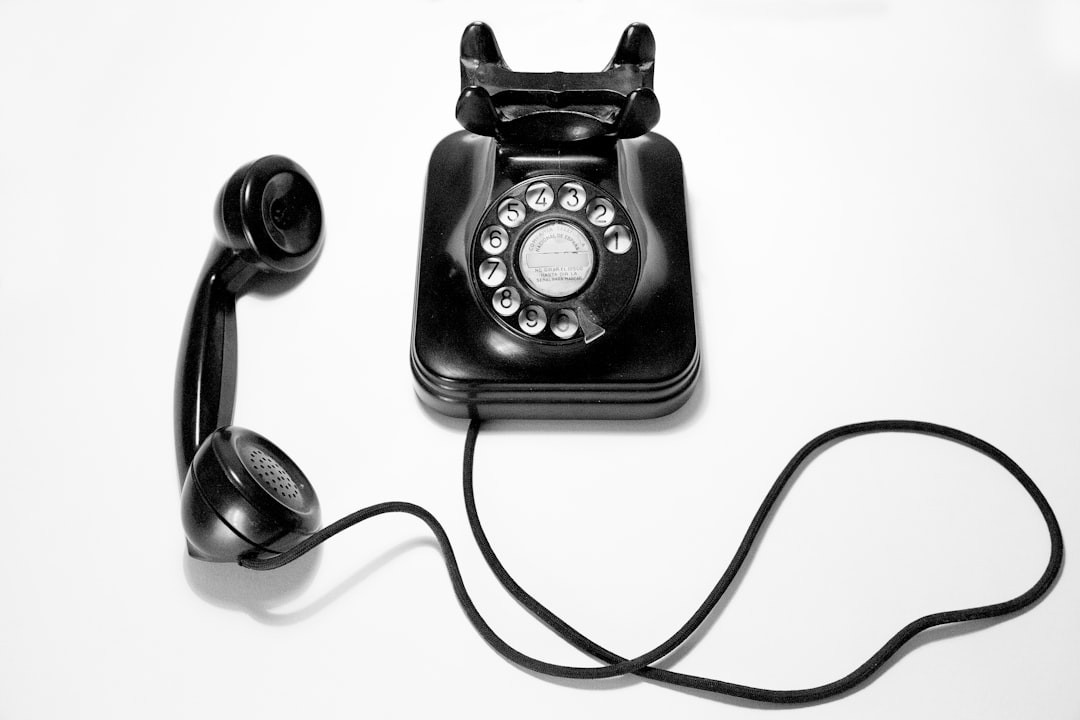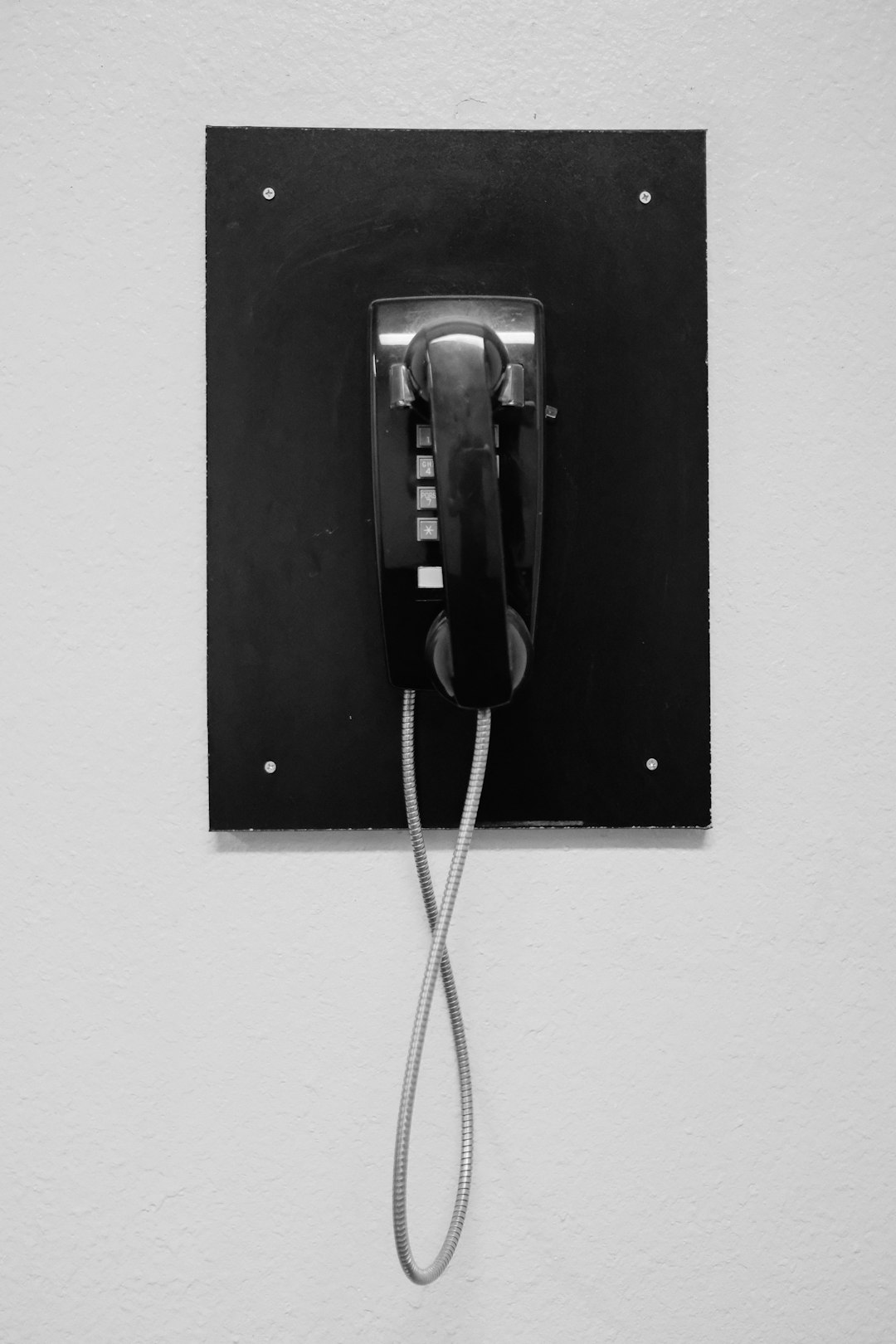New Yorkers can take legal action against unwanted robocalls from debt collectors, scammers, and politicians under federal laws like the TCPA and state regulations, such as New York's Don't Call Registry. Suing for compensation and to stop harassment is possible if calls violate these rules. Robocalls are heavily regulated, with the Attorney General's Office actively enforcing them; victims may seek damages for emotional distress, time lost, and financial harm. Combating robocalls requires a multi-faceted approach including registration, reporting, technological filtering, and public education.
“In the age of digital communication, robocalls have become a pervasive and often unwanted intrusion for New Yorkers. This article delves into the economic impact of these automated calls, exploring their prevalence within the state and the subsequent effects on residents. We analyze New York’s legal framework regarding robocalls and the potential for victims to seek damages and compensation. Additionally, we shed light on common scams associated with robocalls and offer effective strategies to combat this growing concern, including the question: Can you sue for robocalls in New York?”
Understanding Robocalls and Their Prevalence in New York

Robocalls, automated phone calls that deliver recorded messages, have become a ubiquitous part of modern life in New York and across the nation. While many serve legitimate purposes like appointment reminders or marketing offers, an alarming number fall into the category of unwanted or fraudulent activity. These include debt collection calls, political robocalls, and scam artists posing as government agencies or financial institutions. In New York City, with its dense population and high concentration of businesses, the volume of robocalls is substantial.
New Yorkers who feel they’ve been subjected to excessive or illegal robocalls may ask, “Can I sue for robocalls in New York?” The short answer is yes. Several state and federal laws protect consumers from unwanted phone marketing calls, including those made by robots. These include the Telephone Consumer Protection Act (TCPA) and New York’s own Don’t Call Registry. If you’ve experienced harassment or financial loss due to robocalls, consulting with a legal professional specializing in consumer protection law could be the first step towards seeking justice and compensation.
Legal Framework: New York's Position on Unwanted Calls

In New York, robocalls are regulated by the Telephone Consumer Protection Act (TCPA), which is a federal law designed to curb unwanted telemarketing calls. The state has also implemented its own regulations, further limiting automated phone calls for marketing purposes. These laws empower New Yorkers with the right to take action against violators. If you receive robocalls in violation of these rules, you may have grounds to sue under the TCPA. This allows individuals to seek compensation and stop the harassment caused by unwanted phone marketing.
New York’s Attorney General’s Office actively enforces these regulations, taking legal action against companies that make or facilitate illegal robocalls. The state’s strict position on unwanted calls reflects a commitment to protecting consumers from intrusive and misleading telemarketing practices. By holding offenders accountable, New York aims to reduce the number of robocalls and empower residents to take control of their phone lines.
Damages and Compensation for Robocall Victims

Victims of robocalls in New York may be entitled to compensation for the damages they’ve incurred. These damages can include, but are not limited to, emotional distress, loss of personal time, and financial harm from falling for scams or spending money on unnecessary services. If a robocall violates federal or state law, individuals have legal recourse.
In New York, there are specific laws in place to combat unwanted robocalls, such as the Telephone Consumer Protection Act (TCPA). If you’ve received a robocall and believe it caused you significant harm, consulting with an attorney specializing in consumer protection law can help determine if you have a strong case for compensation. Understanding your rights under these laws is crucial when considering whether to sue for robocalls in New York.
Common Scams and Fraud Associated with Robocalls

Robocalls, automated phone calls that deliver pre-recorded messages, have become a ubiquitous part of modern life in New York and across the nation. While some robocalls offer valuable services, many New Yorkers face an overwhelming number of unwanted and fraudulent calls. Common scams associated with robocalls include investment frauds, debt collection hoaxes, and identity theft attempts. Scammers often pose as government agencies, banks, or reputable companies to trick recipients into revealing personal information or transferring money.
In New York, where consumers are protected by state and federal laws, there are legal avenues for those affected by fraudulent robocalls. The Telephone Consumer Protection Act (TCPA) prohibits automated phone calls for telemarketing purposes without prior consent. If you’ve received a robocall and believe it was unauthorized or involved deception, you may have grounds to sue under the TCPA. Contacting an attorney specializing in consumer protection can help New Yorkers understand their rights and explore legal options, including seeking compensation for emotional distress or financial loss incurred from these harassing calls.
Effective Measures to Combat and Reduce Robocalls

Robocalls have become a significant nuisance for many New Yorkers, leading many to wonder if they can sue for robocalls in the state of New York. While legal options exist for those experiencing excessive or unauthorized robocalls, combating this issue requires a multi-faceted approach. Effective measures include registering on Do Not Call lists and reporting unwanted calls to regulatory bodies like the Federal Trade Commission (FTC).
Technological advancements play a crucial role as well. New tools and software are being developed to filter and block robocalls, providing some relief for citizens. Additionally, educating the public about call identification and blocking techniques empowers individuals to take proactive steps against these intrusive calls. Together, these efforts can help mitigate the economic impact of robocalls on New Yorkers and restore a sense of control over their communication channels.






